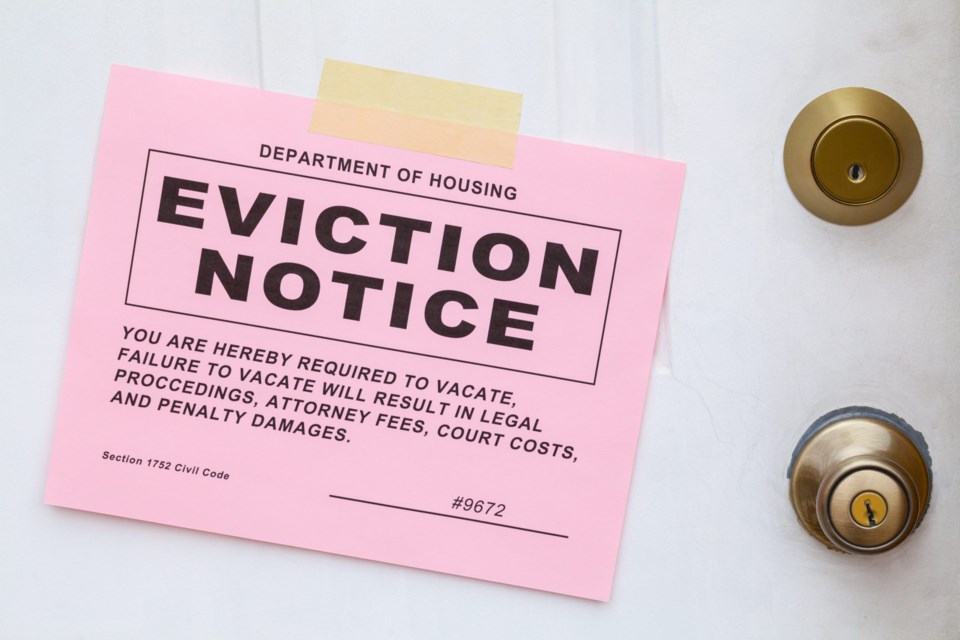A temporary eviction ordinance has been set in place in Dallas and a permanent ordinance will be presented to the Dallas City Council and the homeless and housing committee. A permanent ordinance will likely be voted on in December.
During the peak of the COVID-19 pandemic, an eviction ordinance in Dallas made landlords give a 21-day warning before posting an eviction notice. Within those 21 days, the tenant had to provide proof of hardship tied to COVID to extend the eviction notice to 60 days.
But because the pandemic has become more controlled the ordinance will soon change. The Dallas Morning News reported that a permanent ordinance will likely be voted on by Dallas City Council in December. Dallas County, however, had its highest monthly eviction filings this season in the past five years.
On November 15, a draft of the ordinance will be presented to the housing and homeless committee. The temporary ordinance requires landlords to give 10 days' notice and tenets will no longer be able to prove COVID-related issues. Now, they will have to prove they have applied for rental assistance in order to extend the eviction to 60 days.
Dallas Eviction Advocacy Center attorney Mark Melton told The Dallas Morning News he worked with the Apartment Association of Greater Dallas to draft the new temporary ordinance that gives the tenant enough time to “exercise any kind of self-help.”
“You don’t have to be approved. You don’t have to be accepted. Just apply, and show the landlord you did it,” Melton said.
The new ordinance for Dallas in December could look something like Collin County’s current eviction ordinance. In Collin County, the landlord must deliver a notice to vacate before filing an eviction case, which is a written demand for the tenant to leave the property within a set period of time. In this case, three days, unless you agreed to a different period of time in a contract.



![Top 5 Reads Of The Week [June 23-27]](https://www.vmcdn.ca/f/files/localprofile/images/events/downtown-celina-city-of-celina.jpg;w=120;h=80;mode=crop)
